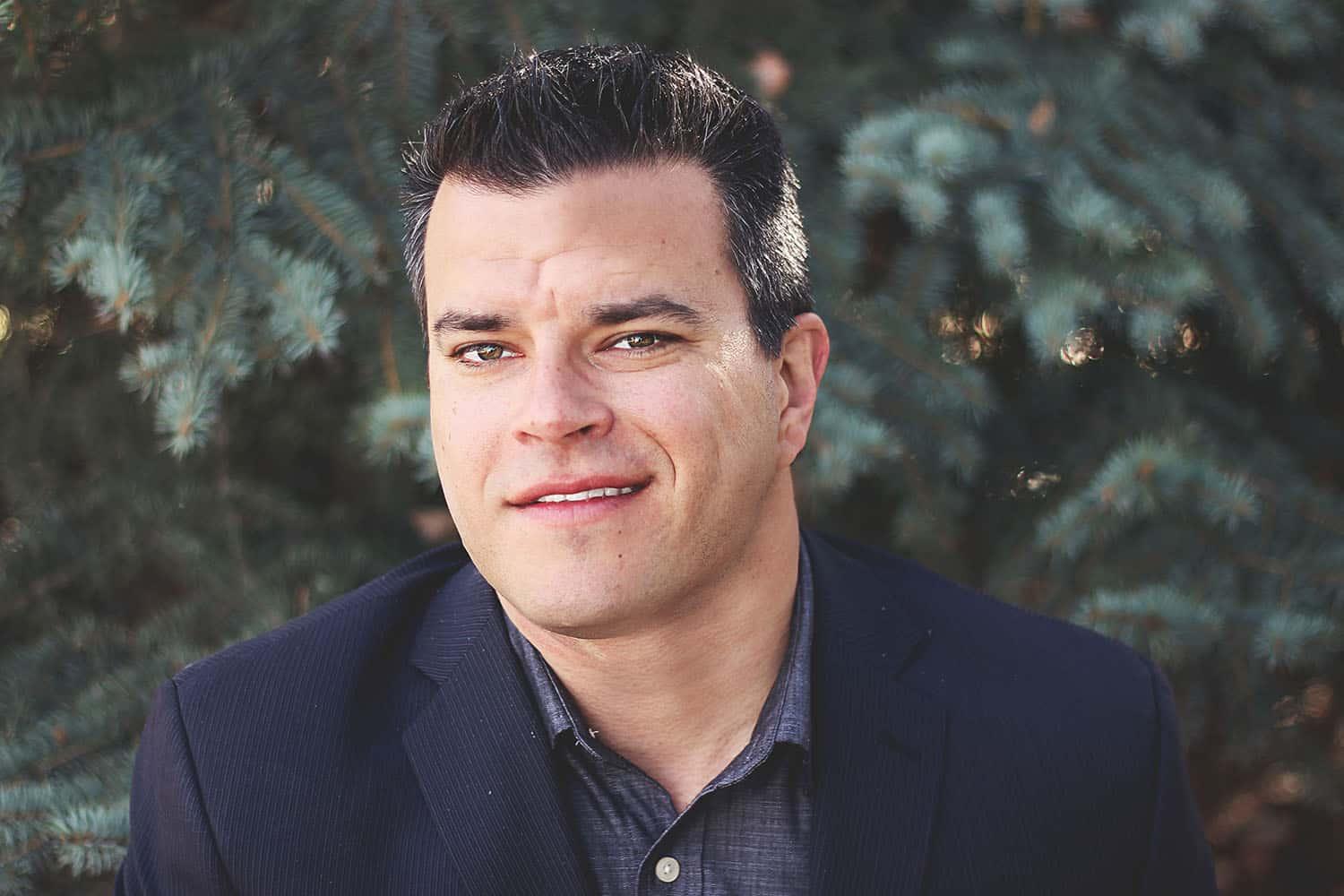Why Aren’t We Happy?

Stan Peake, is an alumnus of RRU's Graduate Certificate in Values-Based Leadership.
As Professor Jean Twenge, San Diego State University, points out in the 2019 World Happiness Report “as the standard of living improves, so should happiness – but it has not.”1 With North American household income, life expectancy and education levels rising2,3,4, and violent crime and death rates from chronic disease per capita dropping5,6, it truly is paradoxical to see our happiness in North America dropping steadily since 20107,8.
This paradox begs any rational person to ask why? While there are many inter-related answers, and countless theories one could offer, let me invite you to consider that we are not living in alignment with our values.
Our values are often considered the ‘moral compass’ with which we view the world, and make our most important decisions. When we become obsessed with fame, material wealth, or trying to become an ‘influencer’, our happiness often becomes fleeting, if it doesn’t disappear completely. Research featured in the 2019 World Happiness Report shows a direct correlation between the increase in Internet usage, and the decrease in sleep, in-person social interaction, and happiness1. It stands to reason that this inverse relationship between happiness and Internet usage grew even more disparate in the advent of the Covid-19 pandemic as we virtually moved our lives online.
When we take time to self-reflect and discover our purpose, our vision for what a better life looks like, and our values; we gain a lot greater clarity on what truly matters. In my personal experience, lasting happiness was found by living in alignment with my core values, pursuing my passion, gaining clarity on my vision for the future. When we can live in alignment with our purpose, vision, and values, while helping others, we can live truly profound and meaningful lives.
Nations such as Finland, Denmark and Norway that scored the highest in the World Happiness Report shared a high value on community1. This means it is possible to find success in many personal endeavors, however when we combine our purpose, vision, and values into a life of service, we can create lives of great significance. Put simply, more money for ‘me’ can bring short-term happiness, but a better overall ‘we’ can bring longer lasting happiness.
What does happiness mean to you?
For more on this theme, see my TEDx Talk Lasting Happiness is an Inside Job and my recent book Life Literacy.
References
- Helliwell, J., Layard, R., & Sachs, J. (2019). World Happiness Report 2019, New York: Sustainable Development Solutions Network.
- U.S. Census Bureau, Real Median Household Income in the United States [MEHOINUSA672N], retrieved from FRED, Federal Reserve Bank of St. Louis; https://fred.stlouisfed.org/series/MEHOINUSA672N, January 31, 2022.
- Max Roser, Esteban Ortiz-Ospina and Hannah Ritchie (2013) - "Life Expectancy". Published online at OurWorldInData.org. Retrieved from: 'https://ourworldindata.org/life-expectancy' [Online Resource]
- Max Roser and Esteban Ortiz-Ospina (2016) - "Global Education". Published online at OurWorldInData.org. Retrieved from: 'https://ourworldindata.org/global-education' [Online Resource]
- Statista https://www.statista.com/statistics/191219/reported-violent-crime-rate-in-the-usa-since-1990/
- Public Health Agency of Canada. Canadian Chronic Disease Indicators, Quick Stats, 2018 Edition. Ottawa (ON): Public Health Agency of Canada; 2018. #CCDI
- Helliwell, J., Layard, R., & Sachs, J. (2012). World Happiness Report 2012, New York: Sustainable Development Solutions Network.
- The Global Economy. com https://www.theglobaleconomy.com/Canada/happiness/